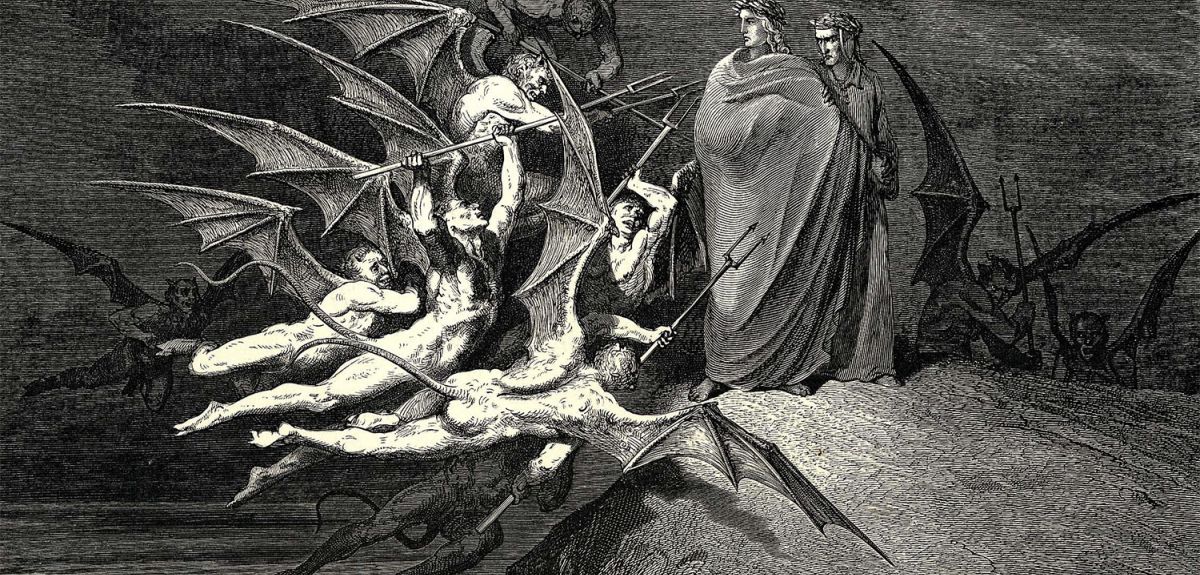
Is evil a more interesting concept than good?
Why are we entertained by evil? Who has the capacity to commit evil? These questions were considered by 90 delegates from around the world who met in Oxford today (Friday 27 June) for a conference exploring the concept of evil, and what role it plays in human experience.
The conference, entitled Evil: Interdisciplinary Explorations, was organised by Oxford University theologian Kate Kirkpatrick and linguist Marieke Mueller, with the support of The Oxford Research Centre in the Humanities (TORCH), Wycliffe Hall, the Faculty of Theology and Religion, and the Oxford Centre for Christianity and Culture.
Discussions at the conference touched on evil in many forms: from fictional representations of devils, monsters and murderers, to institutional evil and the relationship between evil and technology.
Kate Kirkpatrick, of St Cross College and the Faculty of Theology and Religion, said: 'We've had a fantastic level of interest, including delegates from North America, Europe, and Australia, as well as around the UK. We're aiming to get people from different fields to talk to each other and share their ideas.
'It's a question of dispute whether it’s possible for anyone "not to have a bad bone in their body", or to be perfectly evil. Do we call individual actions evil, or do people have evil characters?
'If someone is pure evil, does that make them responsible for their actions, or do they not have a choice? If you put ordinary people in extraordinary circumstances they will sometimes do heinous things.'
Many speakers explored our cultural fascination with evil, from Shakespeare to serial killers. Professor Terry Eagleton of Lancaster University gave the closing lecture, on William Golding’s novel, Pincher Martin, which deals with a shipwrecked man’s struggle to survive and eventual descent into madness.
Horror films and contemporary television also came under scrutiny. 'It makes one wonder whether evil is a more interesting concept than good,' said Kirkpatrick.
The conference was held in the Andrew Wiles Building and Radcliffe Humanities Building, part of the University's Radcliffe Observatory Quarter.
Image: A depiction of evil from Gustave Doré's illustrations to Dante's Inferno.